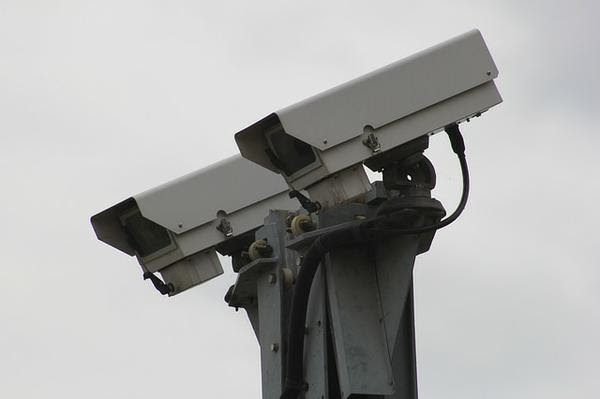
Ever since Nixon took the United States off the gold standard, the US dollar has continued to lose it’s redeemable for gold or silver. Now, money derives its value purely from faith, a dogmatic faith in our government and the laws of the land.
This no good given how many rights we’ve already lost.
Even as the Federal Reserve tries to maintain control over the physical cash system, various companies (IT giants and financial backers) are hacking at the system, trying to kill it in an attempt to make a ghost of its former self.
It will create a digital ghost, one that would then roam in the new cashless society.
At one extreme are the world’s leading IT giants and financial companies tirelessly working to completely replace paper money with a wireless payment system for the smartphones Apply Pay set to drive contactless payments up to $300m by 2016, rivaling with Samsung Pay, and Google Wallet, to name a few. On the other extreme are the technology giants such as IBM developing highly sophisticated biometric systems that create a highly unique personal ID using (do hold your breath) a person’s eyes, fingerprints, face, facial expressions, voice, heartbeat, and more.
The end result is the same: loss of not just paper money, but also plastic money.
It will lead us into a new world order with a cashless society.
It may sound fantastic, and within this cashless system are various traps ranging from loss of our freedoms and rights to leaving a significant part of the society in a tough situation.
Let’s start with stating the cases being made for the cashless society, identifying the proponents, and dissecting the reality of it all.
The Cases for Cashless Societies across the globe
Cashless is gaining momentum. It is often portrayed as an ode’ to progress and development…
Here are the primary cases being made for a cashless society, let’s start with the one’s given by its biggest proponent, the United Nations’ Better Than Cash Alliance who has partnered with Bill & Melinda Gates Foundation UNCDF, CITI, MasterCard, Ford Foundation, USAID, Omidyar Network, and Visa Inc., and offers the following reasons:












Leave A Comment